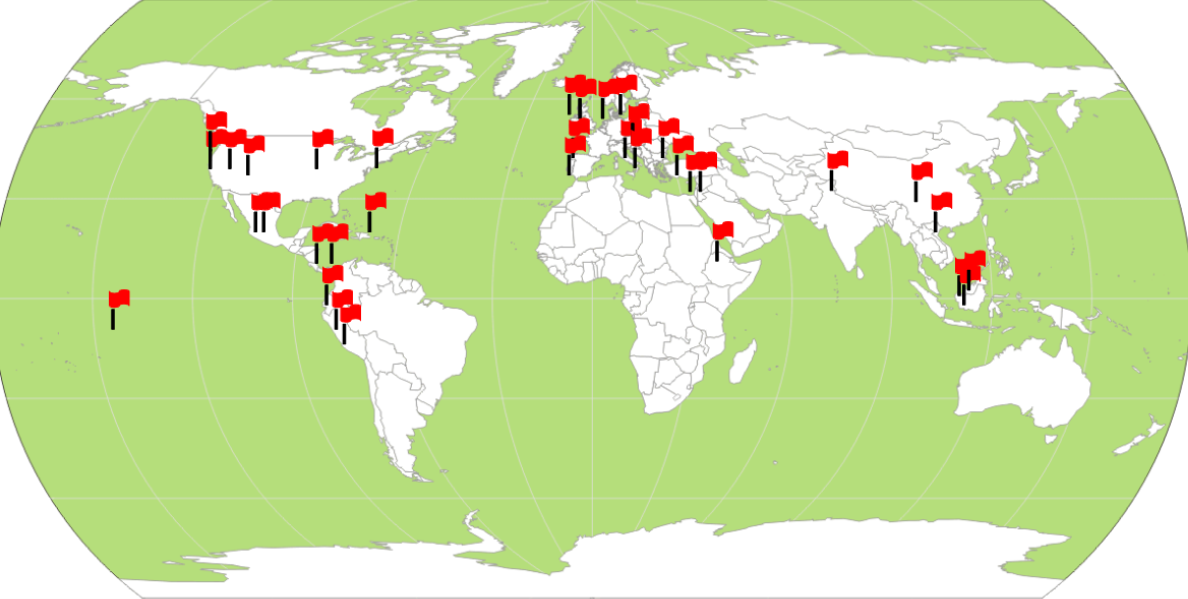Virtual Ecologies
Natura’s 9th Annual Graduate Conference in Science and Epistemology
Rutgers University, New Brunswick, New Jersey
March 6, 2020
Keynote Address:
Lisa Swanstrom (Associate Professor of English, University of Utah)
Call for Papers
Hosted by Natura, a Rutgers University Interdisciplinary Graduate Student Working Group focused on critical perspectives of Science and Epistemology, the 2020 Natura Graduate Conference seeks papers on the topic of virtual ecologies: dreamed, immaterial, digital, imagined, or potential networks of relationships and ruptures between humans, nonhumans, and their environments.
Digital
ecosystems, imagined worlds, abstractions of thought — the virtual
pervades the contemporary moment but also possesses a long history, the
shadow of
the actual or real. The conference seeks to examine the entwined
relationships and surprising fractures that develop in the realm of the
virtual, broadly construed. How does the virtual interact with the
material, the embodied, and the immediate? How does
the oikos of ecology — the home, the household, the place to
live — transform when it becomes virtual? How do virtualities of the
past impinge upon the present, and the present cast a virtual shadow
onto the past? Are our ways of knowing intrinsically
tied to virtuality, or does knowledge find its home in the material or
real? How do power structures, abstractions, forms, and concepts
intersect with lived experience and material conditions of existence?
Potential topics may include (but are not limited to):
-
Material and mediality
-
Games as lived experience
-
Environmental advocacy in a digital space
-
Virtual literary world
-
“Nature” as problem space
-
Algorithmic embodiment
-
Histories of virtuality and virtuality in history
-
Distributed agency
-
Mapping, surveillance, and practices of seeing
-
Immaterial spatiotemporal architecture and design
-
Impossible soundscapes
-
Digital pollution
-
Virtual repercussions of real-world behavior and real-world consequences to virtual speech
The
conference will take place on Friday, March 6th, 2020. Natura invites
250-word abstracts for 20-minute talks on any topic examining the role
of virtual ecologies
in the sciences and humanities. This event is open to graduate students
and scholars working in any area of the arts, humanities, or sciences.
Interested faculty or post-doctoral researchers are welcome to contact
us about potential roles as panel moderators
or discussants. Send proposals or requests for more information to rutgersnatura@gmail.com; proposals should be
sent by December 15. Please visit our website at https://virtualecologies.wordpress.com/.
***
Natura: The Science and Epistemology Working Group is a graduate student working group within Rutgers University that serves as a forum to foster critical interdisciplinary conversations about the history, cultures, places, and theories of science, epistemology, and knowledge production. We are generously sponsored by the Rutgers British Studies Center, the School of Arts and Sciences Dean’s Office, and the Graduate Student Association.









